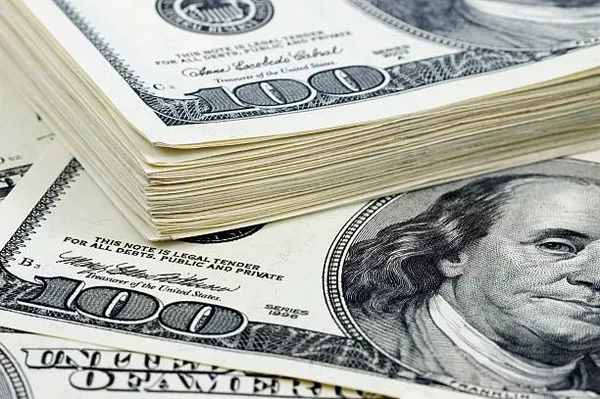The dollar demonstrated strength on Friday, although it remained on track for a weekly loss following robust nonfarm payrolls data that exceeded expectations, potentially delaying anticipated interest rate cuts from the Federal Reserve this year.
According to the Labor Department’s closely watched employment report, nonfarm payrolls surged by 303,000 jobs in March, surpassing economists’ forecasts of 200,000 jobs. This unexpected increase caused the dollar index to rise by 0.048% to 104.27, despite earlier fluctuations during the week that saw it drop from a five-month high to a two-week low.
U.S. interest rate futures scaled back the probability of a rate cut in June to 54.5% after the release of the jobs report, according to data from CME Group’s FedWatch tool.
Amo Sahota, director at Klarity FX in San Francisco, remarked, “It’s really encouraging the market to get more and more comfortable with this fact that we know rates have to come down, but do they really need to come down quickly? And do they need to come down as much?”
Investors adjusted their expectations regarding the extent of potential Fed rate cuts, with U.S. rate futures now pricing in two cuts in 2024. Brad Bechtel, global head of FX at Jeffries, commented that this outlook should continue to bolster dollar strength across the board.
However, economic resilience and rising commodity prices, including oil, copper, coffee, and cocoa, have complicated the inflation outlook.
The dollar rebounded after comments from Minneapolis Fed President Neel Kashkari on Thursday suggested that rate cuts might not be necessary this year if inflation remains stagnant.
Against the dollar, the Japanese yen weakened to 151.540. Japanese authorities reiterated their stance against excessive yen weakness, indicating a potential intervention if the yen depreciates significantly.
Japanese Finance Minister Shunichi Suzuki reaffirmed the government’s commitment to taking appropriate action against sharp yen declines.
Bank of Japan Governor Kazuo Ueda stated that the central bank could respond with monetary policy if yen weakness adversely affects the economy. He also hinted at a possible interest rate hike in the coming months, anticipating an acceleration in inflation.
In other currencies, the euro remained flat at 1.0837, while sterling eased slightly to 1.264. The Australian dollar declined to 0.658.
In the cryptocurrency market, bitcoin fell by 0.53% to $67,589, while ether saw a slight increase to $3,328.7, up by 0.09%.


